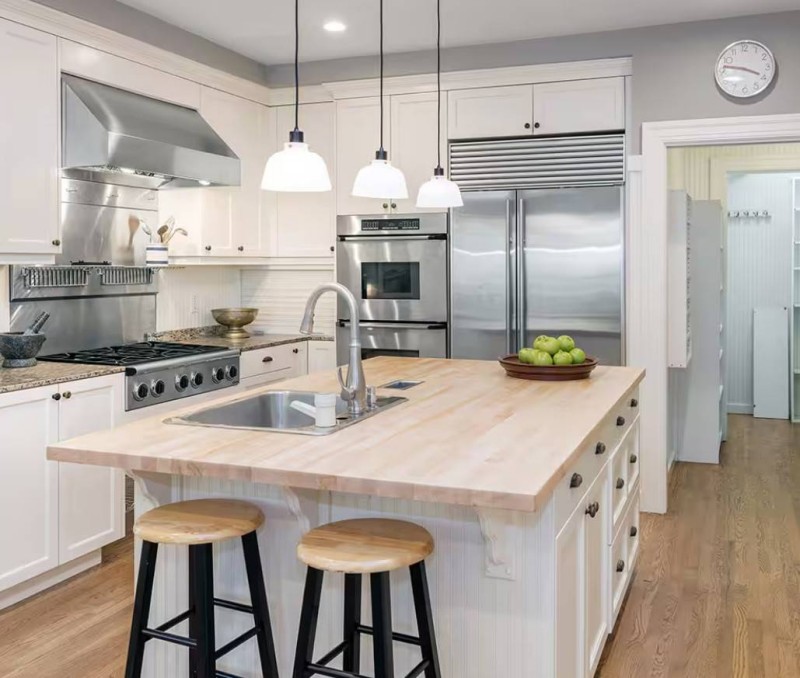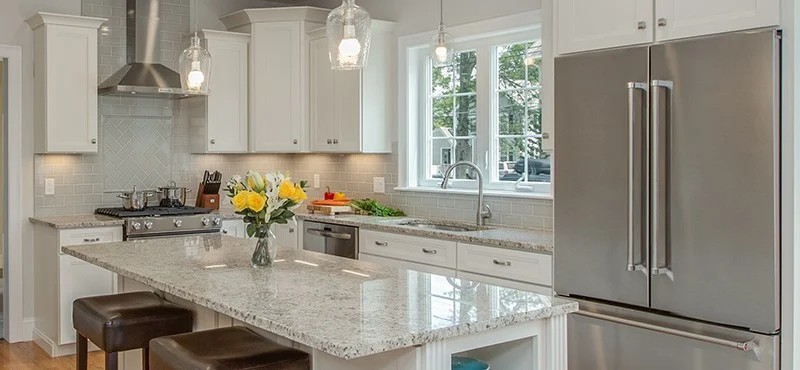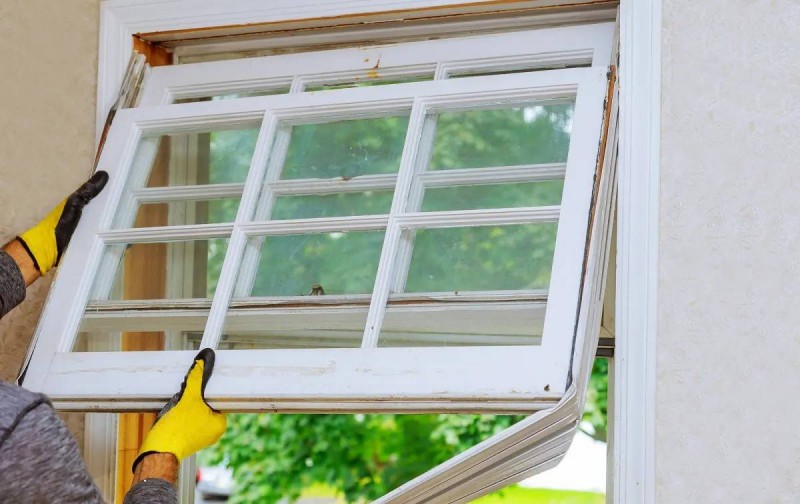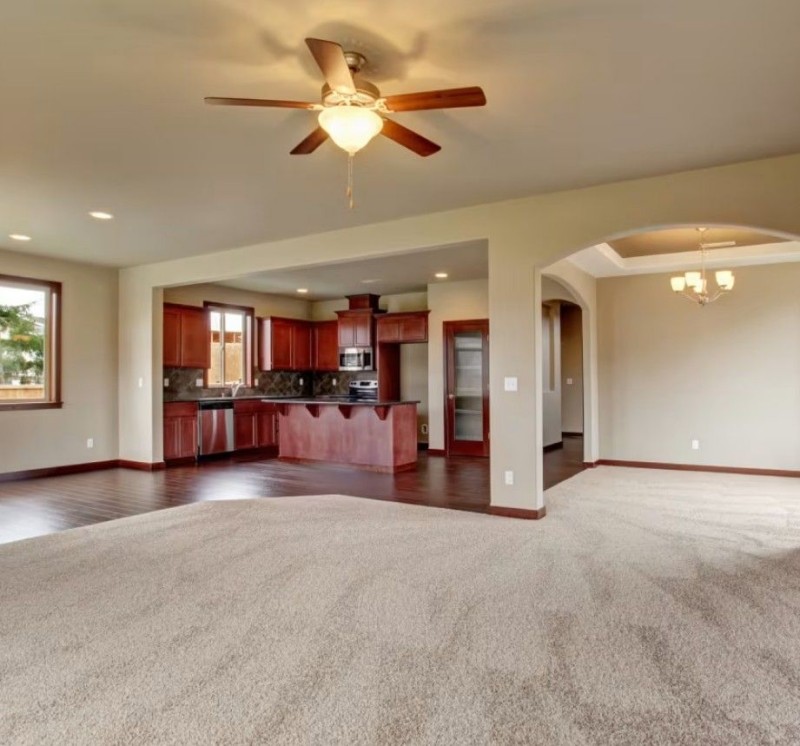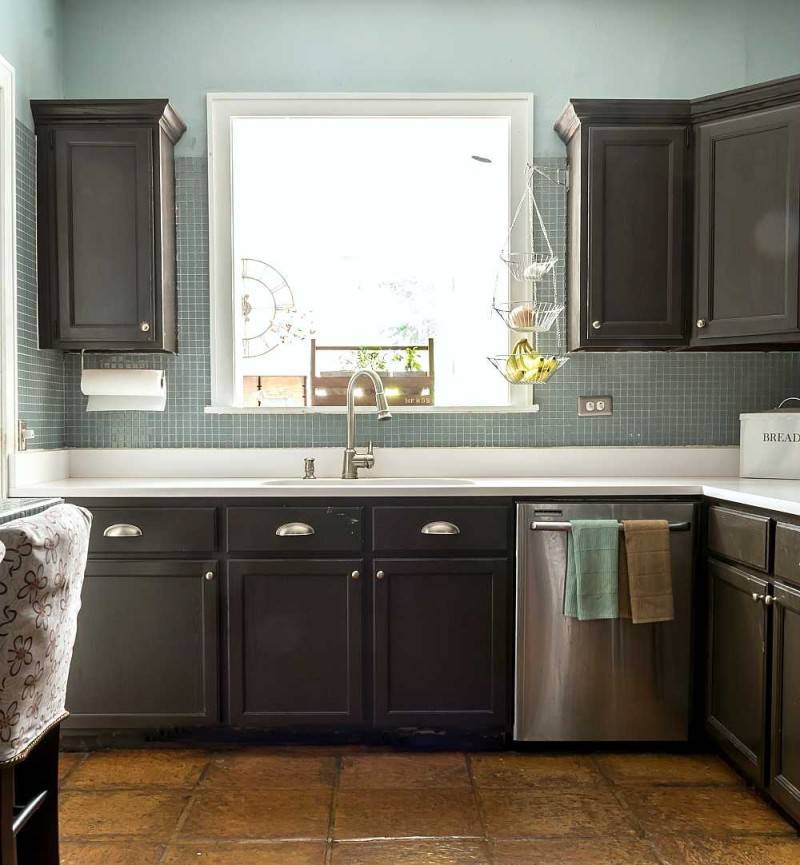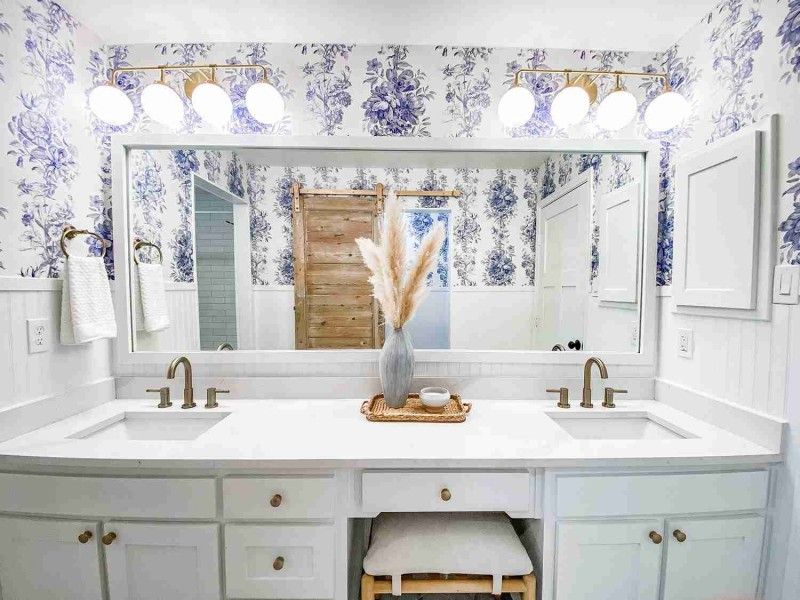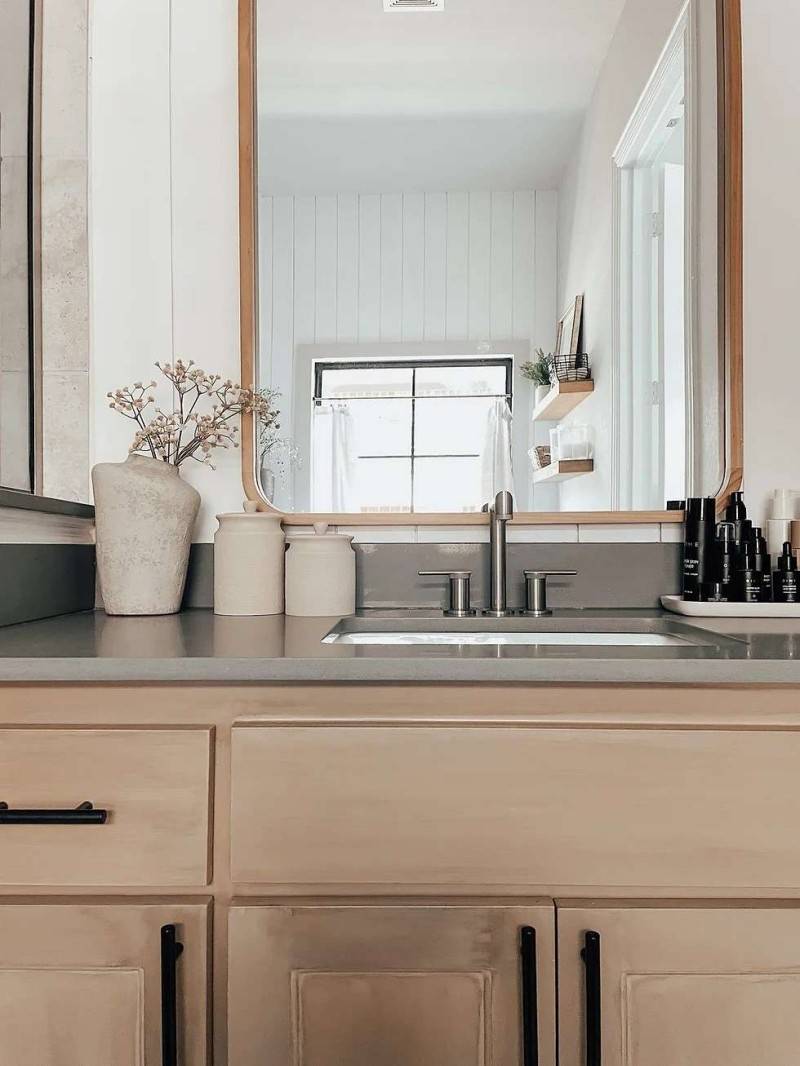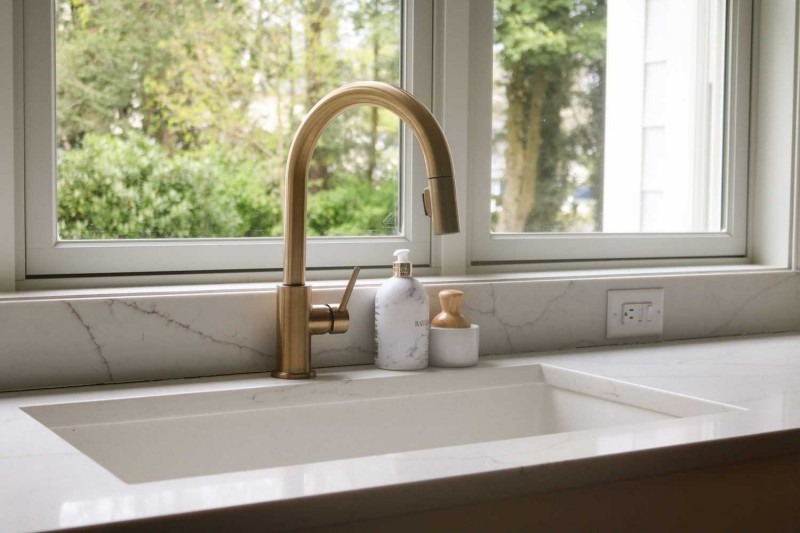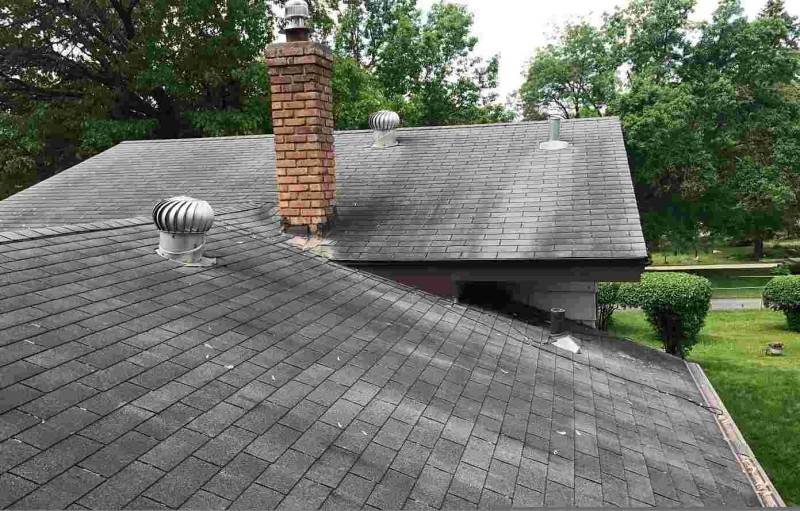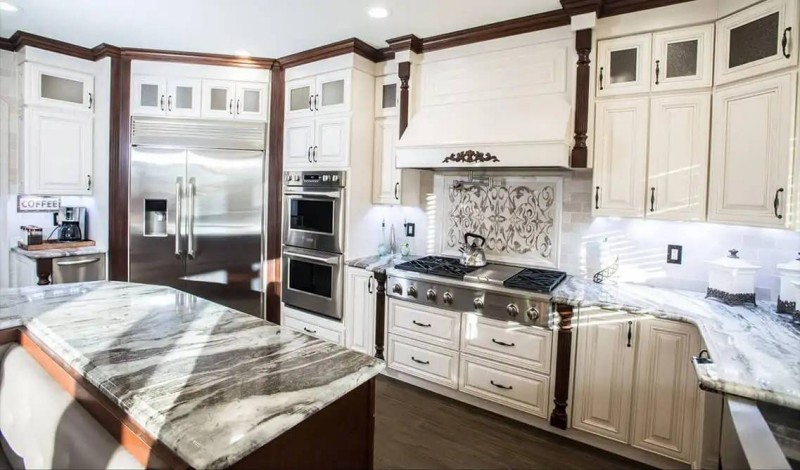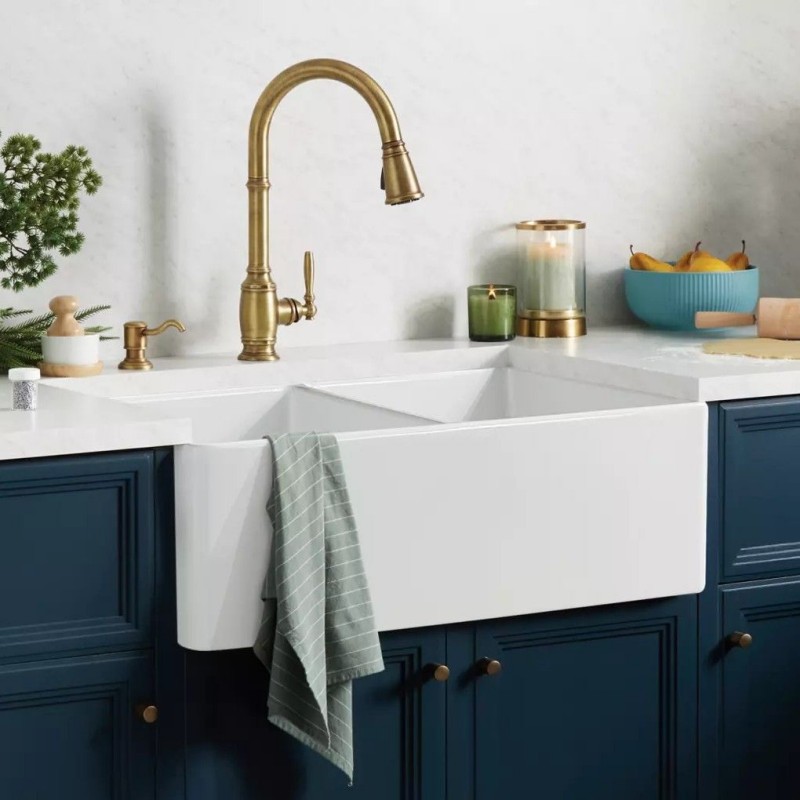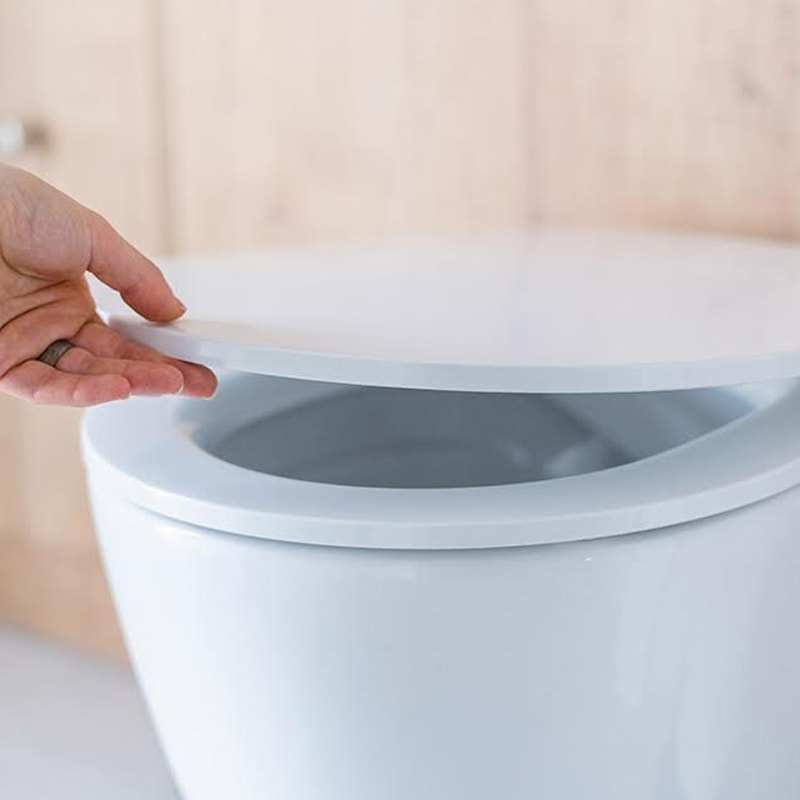 English
English
Jabra Sanitary is a sanitaryware supplier offering toilets, sinks, faucets, bathtubs, etc., at competitive prices. If you're a distributor, wholesaler, or project contractor, get a quote today!
 $23.9 Limited-time Offer
$23.9 Limited-time Offer Consignment Policy
Consignment Policy 20 Years of Experience
20 Years of Experience
The term "builder grade" often implies that a material is of sufficient quality for a builder to use in new construction. However, this name can be misleading.
Many homebuyers may not realize that builder-grade materials can lack durability and aesthetic appeal compared to higher-quality options. Understanding what builder-grade means is crucial for anyone looking to buy or build a home.
Table of Contents
What is Builder Grade?
Types of Grades
The Pros of Builder's Grade
The Cons of Builder's Grade
Builder Grade Cabinets
Builder Grade Windows
Builder Grade Carpet
Builder Grade Paint
Builder Grade Mirror
Builder Grade Light Fixtures
Builder Grade Sinks
Builder Grade Faucets
Builder Grade Doors
Builder Grade Roof
Builder Grade vs. Custom Home
FAQs
Conclusion: Should You Go Builder Grade or Upgrade to Build a Home?
What is Builder Grade?
Builder-grade materials are typically basic, mass-produced products used in construction to keep costs low.
So, what is builders grade? These items are often chosen by builders to meet budget constraints while still providing a functional product.
Although they may serve their purpose, they often lack the quality and longevity that higher-grade materials provide. The builder grade meaning extends beyond just affordability; it also encompasses the performance and aesthetic aspects of a home.
Types of Grades
Building materials are classified into several grades, each reflecting a different level of quality, performance, and price. Understanding these classifications can help homeowners make informed decisions when selecting materials for their homes.
Here's a breakdown of the grades from lowest to highest:
-
Builder Grade: This is the most basic level of materials used primarily for cost-effective construction. Builder-grade products are often mass-produced and may lack durability and aesthetic appeal. They serve their purpose in new homes but often require replacement sooner than higher-quality options.
-
Quality Grade: These materials offer improved durability and aesthetics compared to builder grade. They are generally made from better materials and may feature more design options, making them a popular choice for those seeking a balance between cost and quality.
-
Custom Grade: Custom-grade materials provide homeowners with more options for personalization and style. These products are often made from higher-quality materials and can be tailored to meet specific design needs. While they come at a higher price point, they offer better longevity and visual appeal.
-
Ultimate Custom Grade: Representing the highest quality in building materials, ultimate custom-grade options are designed for discerning homeowners who prioritize luxury and performance. These materials are often sourced from premium suppliers and crafted with exceptional attention to detail, ensuring both durability and elegance in every aspect of design.
By understanding these grades, homeowners can better assess their needs and make informed choices when it comes to building or renovating their homes.
The Pros of Builder's Grade
Builder-grade materials offer several advantages, making them a popular choice among builders and developers:
-
Affordability: These materials are typically less expensive, helping to keep overall construction costs down.
-
Availability: Builder-grade products are widely available at major retailers like Home Depot and Lowe's, allowing for easy procurement.
-
Quick Installation: Due to their standardization, builder-grade materials can be installed quickly, speeding up the construction timeline.
The Cons of Builder's Grade
While builder-grade materials have their advantages, they also come with significant drawbacks:
-
Durability Issues: Many builder-grade materials may not last as long as higher-quality alternatives, leading to potential replacements sooner than expected.
-
Aesthetic Appeal: Builder-grade items often lack unique designs and finishes, which can detract from the overall look of a home.
-
Higher Long-Term Costs: Although initially cheaper, the need for replacements can lead to higher costs over time.
Builder Grade Cabinets
Builder-grade cabinets, often referred to as builders grade cabinets, are commonly made from lower-quality materials, such as particleboard or MDF. While they are functional, they may not withstand heavy use or provide the same level of aesthetic appeal as higher-end cabinets.
For homeowners looking for durability and style, upgrading to quality or custom cabinets is often worth the investment. If you're considering painting builder grade cabinets, be aware that the results may not match higher-grade options in terms of finish and durability.
Builder Grade Windows
Builder-grade windows are typically made with standard materials and features. They often include single-pane glass and basic frames, which may not offer the best energy efficiency.
Homeowners often wonder what is a builder grade home? While these windows serve their purpose in new construction, upgrading to double-pane or energy-efficient windows can significantly improve comfort and reduce utility bills over time.
Builder Grade Carpet
Builder-grade carpet is usually low-cost and low-pile, designed to be easy to install and maintain. While it can provide basic flooring needs, it may wear out quickly and may not offer the same comfort or aesthetic as higher-quality options.
Homeowners should consider upgrading to a more durable and stylish carpet for long-term satisfaction, especially if they plan to enhance their builders grade kitchen or living spaces.
Builder Grade Paint
Builder-grade paint is typically lower in quality, often offering limited color choices and durability. It may require more frequent touch-ups and repainting.
Upgrading to a higher-quality paint can enhance both the appearance and longevity of walls, providing better coverage and a more vibrant finish.
Builder Grade Mirror
Builder-grade mirrors are often simple and mass-produced. They lack the decorative features that can enhance a bathroom or dressing area.
For those looking to elevate their space, exploring custom or designer mirrors can provide a more polished look and feel.
Builder Grade Light Fixtures
Builder-grade light fixtures are generally basic and functional, lacking in design flair. They often use standard materials and finishes, which can make them look generic.
For homeowners aiming for a stylish interior, selecting upgraded light fixtures can significantly enhance the aesthetic of a space.
Builder Grade Sinks
Builder-grade sinks are usually made from lower-quality materials and may lack features like soundproofing or stylish designs. <Learn kitchen sink materials>
While they serve their primary purpose, homeowners may want to consider higher-end options for improved durability and aesthetics, particularly in kitchens and bathrooms where functionality and style matter.
Builder Grade Faucets
Builder-grade faucets are often made from cheaper materials, which can lead to issues like corrosion or poor functionality over time.
They may lack the design and features of higher-end models, such as ergonomic handles or water-saving technologies.
Upgrading faucets can enhance both the look and functionality of kitchens and bathrooms. <Check how to replace a kitchen faucet for a builder grade kitchen>
Builder Grade Doors
Builder-grade doors are typically hollow-core and made from less durable materials. While they may meet basic security and aesthetic needs, they often lack insulation and soundproofing capabilities.
For better performance and appearance, investing in solid-core or custom doors can provide significant benefits.
Builder Grade Roof
Builder-grade roofing materials are usually basic asphalt shingles that offer minimal warranty and longevity.
While they are cost-effective, they may require replacement sooner than higher-quality options. Homeowners should consider investing in upgraded roofing materials for better durability and energy efficiency.
Builder Grade vs. Custom Home
When deciding between builder-grade materials and custom options, several factors come into play that can significantly impact your home's quality and longevity. Here's a comparison of key aspects:
Durability
Builder-grade materials are often less durable than custom-grade options. While they can serve a purpose in a budget-conscious build, they may wear out more quickly, leading to increased maintenance costs.
Custom materials, on the other hand, are typically built to last, offering superior performance and longevity.
Convenience
One of the main advantages of builder-grade materials is their convenience. Products are readily available at major home improvement stores like Home Depot and Lowe's, making it easy for builders to procure them on the spot.
In contrast, custom-grade materials usually need to be specially ordered, which can extend the construction timeline but ultimately result in a more personalized home.
Aesthetic
Builder-grade materials often lack the unique design elements that can enhance a home's overall aesthetic. They tend to be basic and generic.
Custom options, however, provide the opportunity for homeowners to select finishes, colors, and styles that reflect their personal taste and enhance the home's curb appeal.
Functionality
In terms of functionality, builder-grade items may not offer the same level of performance as their custom counterparts.
For example, builder-grade windows might have single-pane glass, while custom options typically feature energy-efficient double-pane designs. Upgrading to better materials can improve comfort and efficiency in the long run.
Cost
While builder-grade materials are initially cheaper, the long-term costs associated with maintenance and replacement can outweigh the savings.
Custom materials often come with a higher upfront price but can provide better value over time through increased durability and reduced need for replacements.
FAQs
How long do builder-grade cabinets last?
Builder-grade cabinets typically last around 10 to 15 years, depending on usage and maintenance. Higher-quality cabinets can last much longer.
Are builder-grade windows any good?
While builder-grade windows serve their purpose, they often lack energy efficiency and durability. Upgrading to higher-quality windows can significantly improve performance and comfort.
How thick are builder-grade windows?
Builder-grade windows usually have a thickness of 3/4 inch to 1 inch, often utilizing single-pane glass. Upgrading to double-pane or energy-efficient options is advisable for better insulation.
What are most builder-grade cabinets made of?
Builder-grade cabinets are often constructed from particleboard or MDF, which can be less durable than solid wood options. For improved longevity, consider upgrading to quality-grade materials.
What is the difference between builder-grade and contractor-grade?
While both terms refer to materials used in construction, contractor-grade usually denotes a slightly higher quality than builder-grade, often offering better durability and aesthetic options, such as contractor grade cabinets.
Conclusion: Should You Go Builder Grade or Upgrade to Build a Home?
Choosing between builder-grade and upgraded materials ultimately comes down to budget, priorities, and long-term plans. While builder-grade options can save money upfront, they often fall short in durability and aesthetics.
Homebuyers should consider working with a knowledgeable buyer's agent who can guide them in making informed choices. As the saying goes, "You get what you pay for." Investing in higher-quality materials can lead to greater satisfaction and value in the long run.
By understanding the implications of builder grade and exploring a comprehensive materials list for building a house, buyers can make informed decisions that align with their vision for their home.
If you would like to begin the process of exploring how you can build a new custom home on your property, contact Jabra Sanitary. We will help you connect with premier custom home builders nearby.







